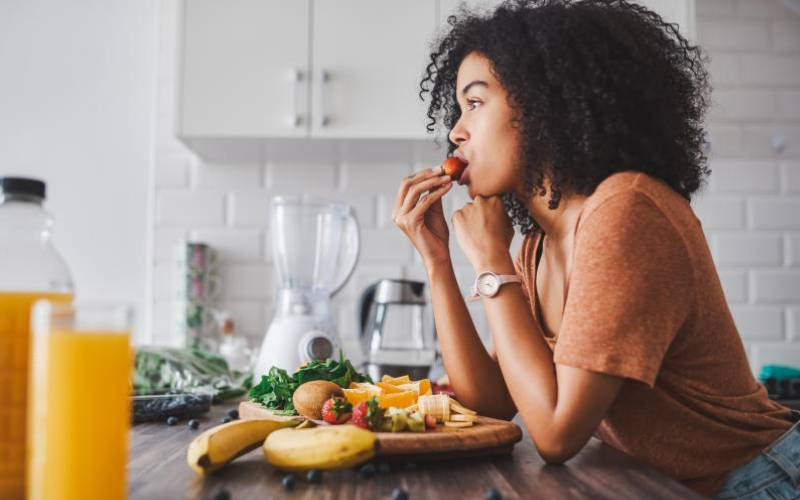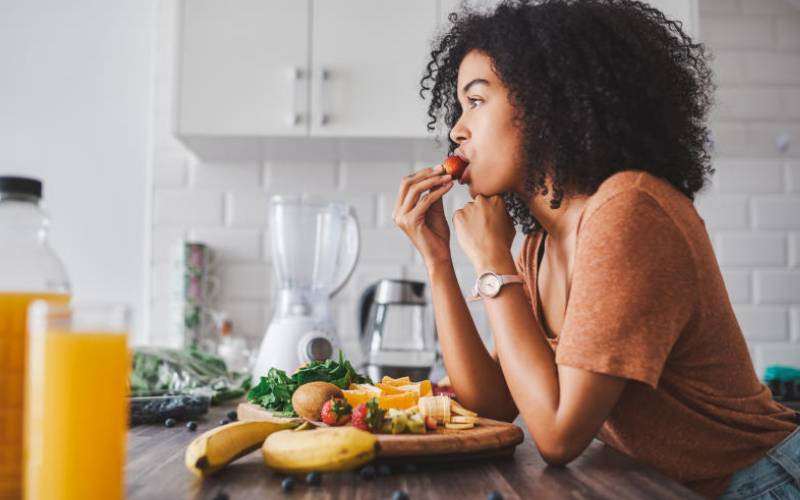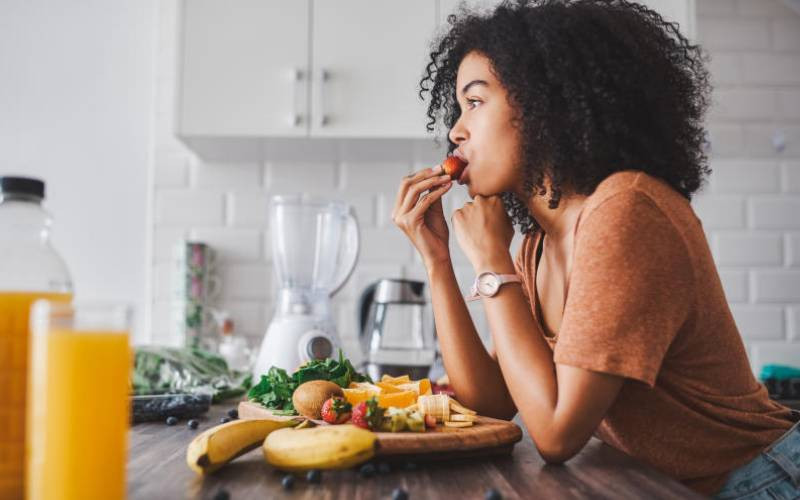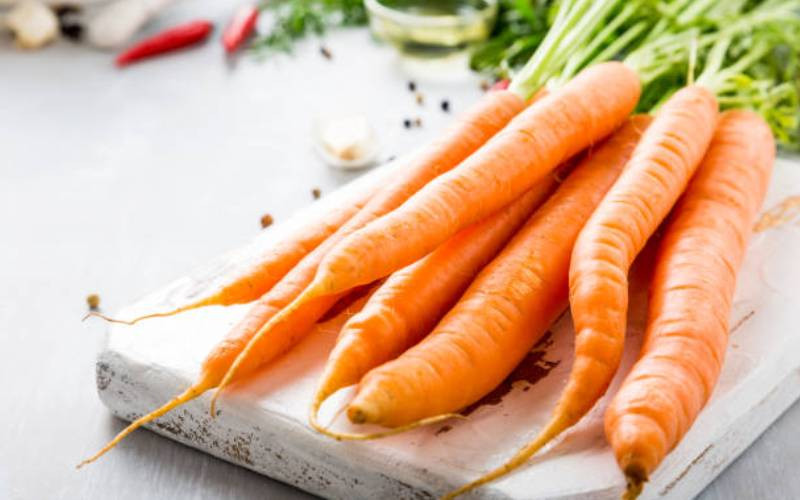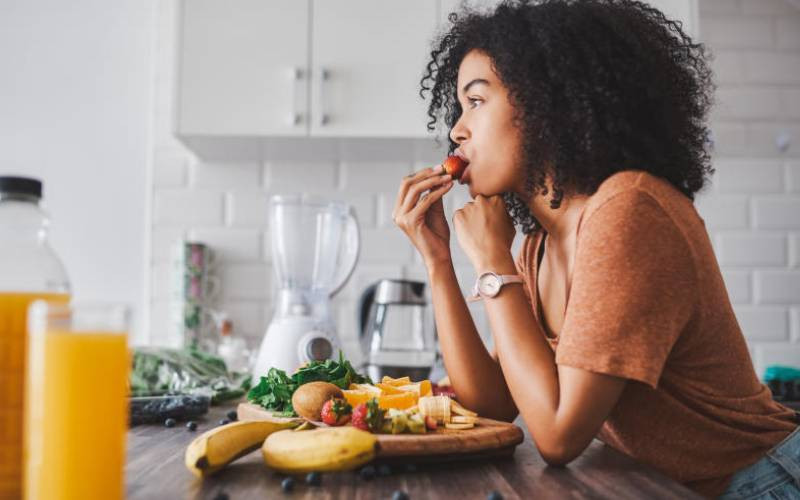
The health benefits of plant-based foods are almost universal knowledge. Fruits and vegetables immediately come to mind, on top of other plant foods.
Fruits are almost always eaten in their raw form. Many veggies are also eatable when raw, but some inevitably end up being cooked. Some get tempted to pluck their fruits from wherever and gobble them up unwashed. But is it safe to eat unwashed fruits or veggies?
It's best to remember where fruits and veggies come from. They are grown in mostly open fields, where anyone and anything can touch them. That means insects, birds, humans and other animals all have the potential to come into contact with your fruit or vegetables before they get to you. Such contact introduces the possibility of harmful matter that includes bacteria, fungi and viruses. Don’t forget pesticides, and eventual packaging and storage that also introduce potential contamination.
So there are plenty of reasons to wash up your fruits and veggies before you eat them. This is an easy way to prevent food-borne diseases. The plain old water is all you need. Wash your hands first, then simply wash your fruit and vegetables under clean running water. Remove all visible dirt or other unsightly stuff. This removes most surface contaminants, making raw eating safer.
There’s also the question of using safe chemicals to clean fruits and veggies. Baking soda and vinegar are the most commonly used. They can reduce bacteria and pesticide residues on the surfaces of fruits and veggies. Once you use any chemicals, make sure you finally rinse the produce under running water. Beware that chemicals may change the taste and texture of fruits, especially if there is prolonged soaking before rinsing. Bleach or detergents should never be used, this renders your fruits unsafe to eat.
Data that compares the use of chemicals versus plain water shows water to be as effective in removing contaminants, including pesticides. If you are worried about pesticides penetrating deep into fruits, you can always peel the skin off, like for apples. But this takes away valuable nutrients that are found on the skin of some fruits and vegetables. Many fruits and most vegetables cannot be peeled anyway. Data on the rare exposure to minute traces of contaminants is reassuring.
Ensure you enjoy your fruits and veggies in the safest way possible. Don’t make any assumptions about the cleanliness of whatever fresh produce you get. If you are eating it raw, wash it up to the level of your standards. Or make sure you can authenticate there was an initial thorough cleaning before the produce ended up in your gut.
Dr Murage is a Consultant Gynecologist and Fertility Specialist.
 The Standard Group Plc is a multi-media organization with investments in media platforms spanning newspaper print
operations, television, radio broadcasting, digital and online services. The Standard Group is recognized as a
leading multi-media house in Kenya with a key influence in matters of national and international interest.
The Standard Group Plc is a multi-media organization with investments in media platforms spanning newspaper print
operations, television, radio broadcasting, digital and online services. The Standard Group is recognized as a
leading multi-media house in Kenya with a key influence in matters of national and international interest.

